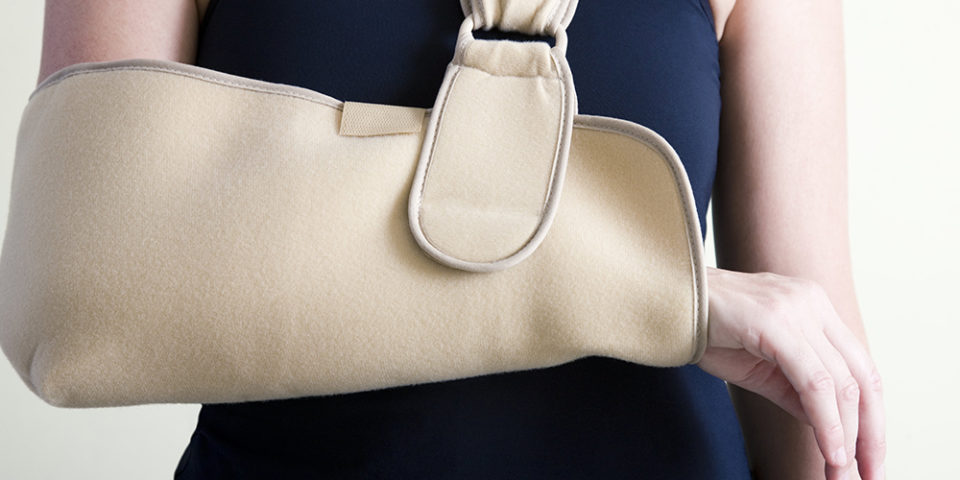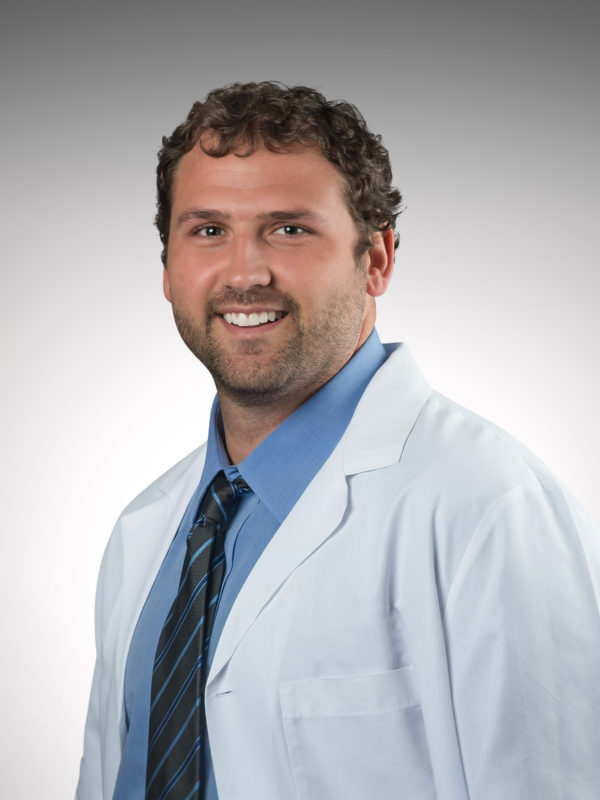What happens when you dislocate your shoulder?
While shoulder dislocations aren’t common, they aren’t exactly rare, either. They’re seen most often as parts of a sports-related injury or even due to slips and falls.
Mickey Plymale, MD, orthopedic sports medicine specialist and orthopedic surgeon, explained what happens when a shoulder is dislocated, who is most likely to be affected, and how shoulder dislocations are treated.
How do shoulder dislocations usually occur?
“The shoulder joint is the most mobile joint in the body,” Dr. Plymale said, “which makes it especially susceptible to dislocation.”
Typically, a shoulder dislocation occurs due to a traumatic event, with the arm outstretched. A force, which could come from any direction, pushes or pulls on the arm or shoulder, which forces the ball of the shoulder (or the humeral head) to push past the socket (or the glenoid) rim.
Shoulder dislocation can also be caused by extreme rotation of the shoulder or by direct trauma to the joint itself.
Who is most at risk for shoulder dislocation?
Those most likely to suffer from a dislocated shoulder include boys and men in their teens or twenties. This largely has to do with involvement in contact sports like football, hockey, rugby or soccer.
While involvement in contact sports or being physically active raises your risk for shoulder dislocation, they can occur in anyone at any age or level of activity. The elderly are also at some risk for shoulder dislocations during falls, and they can also be caused by car wrecks or other physically traumatic experiences.
“There is also a subset of the population born with ‘loose joints’ who are at risk as well,” Dr. Plymale said. “These patients are often those who can voluntarily dislocate their shoulder, but it makes them more prone to accidental dislocation as well.”
What should you do if you think you’ve dislocated your shoulder?
Seek medical care immediately.
Like a broken bone, a dislocated shoulder should never be ignored, as it will not heal on its own. If your shoulder is dislocated, you should visit the nearest emergency room. While you’re there, a physician will reposition your shoulder in order to gently and carefully return the humerus into its socket and place the injured arm into a sling to help take the weight and pressure off your healing shoulder joint.
However, you’ll still need ongoing care. After your visit, you’ll have a follow-up with an orthopedic surgeon who will evaluate the extent of the damage to your shoulder and help with further treatment.
How is a dislocated shoulder treated?
When you meet with the orthopedic surgeon for follow-up treatment, you may be told to rest the arm and shoulder to give it time to heal. You’ll also likely need physical therapy and will need to stay in the sling for 2–4 weeks for comfort. In some cases, the surgeon will schedule an MRI to evaluate for injury to soft tissue surrounding the labrum, or the attachment site for the shoulder ligaments.
“Patients under the age of 25 who are in contact sports who dislocate a shoulder once have a 95% chance of experiencing another dislocation in the future,” Dr. Plymale said. “In this case, surgery to fix the labrum can be performed, which will help to decrease the chance of another dislocation.”
Find an orthopedic specialist you trust
Find a provider who’s right for you by viewing their online profiles, star ratings and reviews.
Find an Orthopedic Doctor

